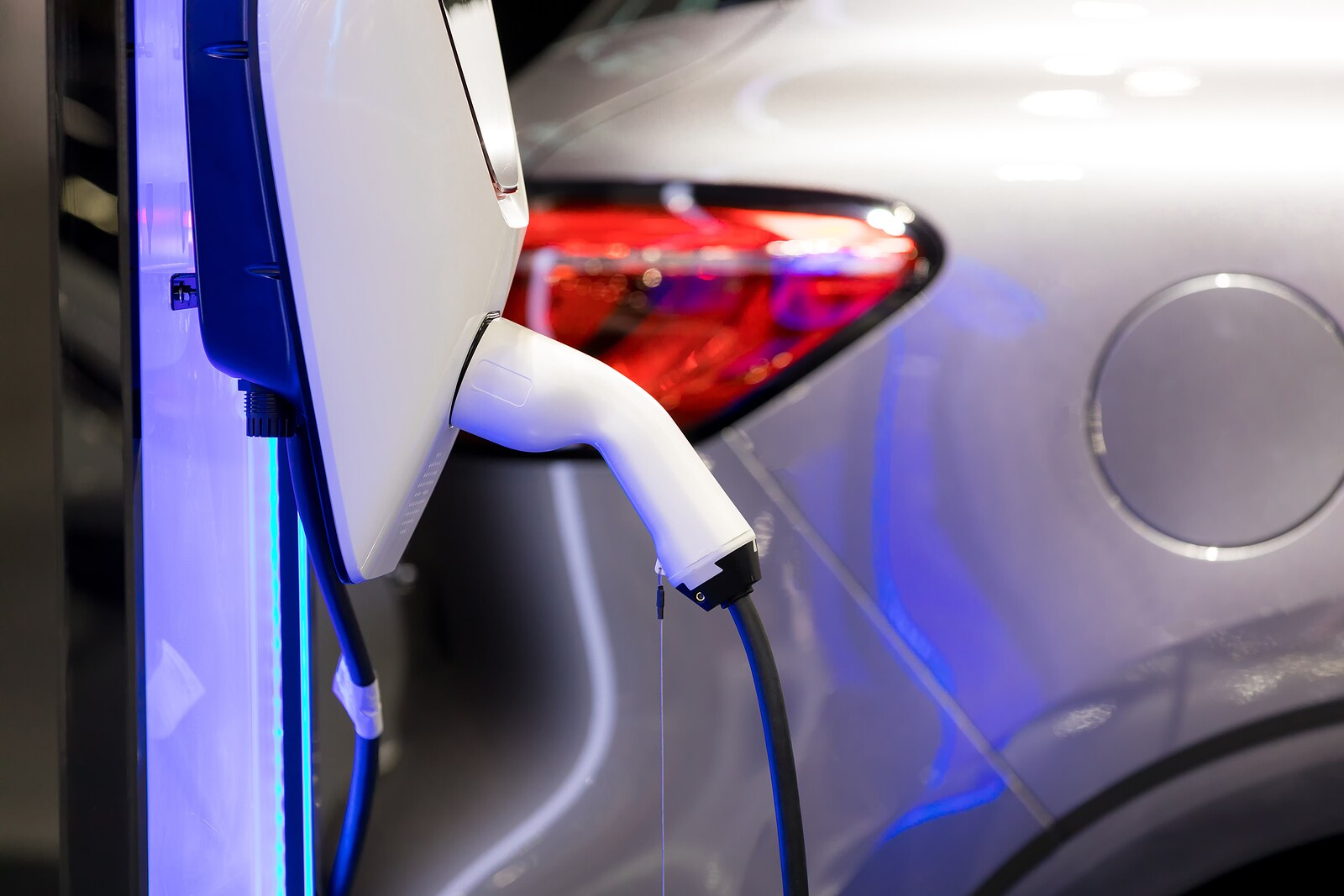

Ford has been making big strides recently in the process of making electric cars more accessible to Americans with releases of all-electric vehicles such as the F-150 Lightning, the Mustang Mach-E, and the E-Transit. This week, Ford announced another important development– a partnership with Redwood Materials to begin a battery recycling operation. This will be a huge component of Ford’s plan to produce electric vehicles at scale in the United States.
Redwood Materials is based in northern Nevada. They have a mission of creating a circular supply chain for batteries to push the electric vehicle and clean energy field forward. Their partnership with Ford will begin with ensuring that scrap material from the battery manufacturing process are recycled, with the intention of eventually reclaiming and disassembling batteries from Ford EVs at the end of their lifespan for continued use. While, with the newness of electric vehicles, there are currently few reaching the age where they are leaving the road and heading to the scrap yard, this is likely to change in the coming years. Until then, recycling the battery scrap will be important in building the zero-waste precedent for EV batteries.
Ford will be sending the scrap from its battery manufacturing plants to Redwood’s facilities in Carson City Nevada. Redwood’s recycling process has been found to be able to recover 95% of a battery’s materials, such as nickel, cobalt, lithium, and copper. These materials can then be reused in new batteries. Creating this closed loop supply chain not only reduces Ford’s dependence on imports and continual mining of new raw materials, but it reduces the cost of battery manufacturing, in turn reducing the cost of Ford EVs overall. This process will also be far cleaner than it would be to constantly be making new batteries from scratch, and will further Ford’s goal of creating a zero-waste approach to automotive manufacturing.
While there are currently several other automakers looking in the direction of electric vehicles, few of them are thinking far ahead to the long-term sustainability of the new manufacturing process. As EVs become more common and begin to flood the market, safely disposing of the potentially dangerous components of spent cars will become a major issue. Fortunately, an electric vehicle is not like a traditional gas-powered vehicle with a fuel source that is used up and becomes unrecoverable. The crucial materials of a battery can be recycled nearly indefinitely. This opens up exciting possibilities for automakers to increase the efficiency of manufacturing and to drastically reduce waste, both by eliminating the scramble for raw materials and by keeping batteries out of scrap heaps and landfills at the end of their lives.
With this partnership Ford has invested $50 million in Redwood in order to help the company expand their U.S. manufacturing footprint. Watching Ford’s production move closer and closer to achieving zero waste will be very exciting over the next few years!